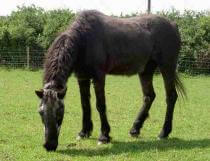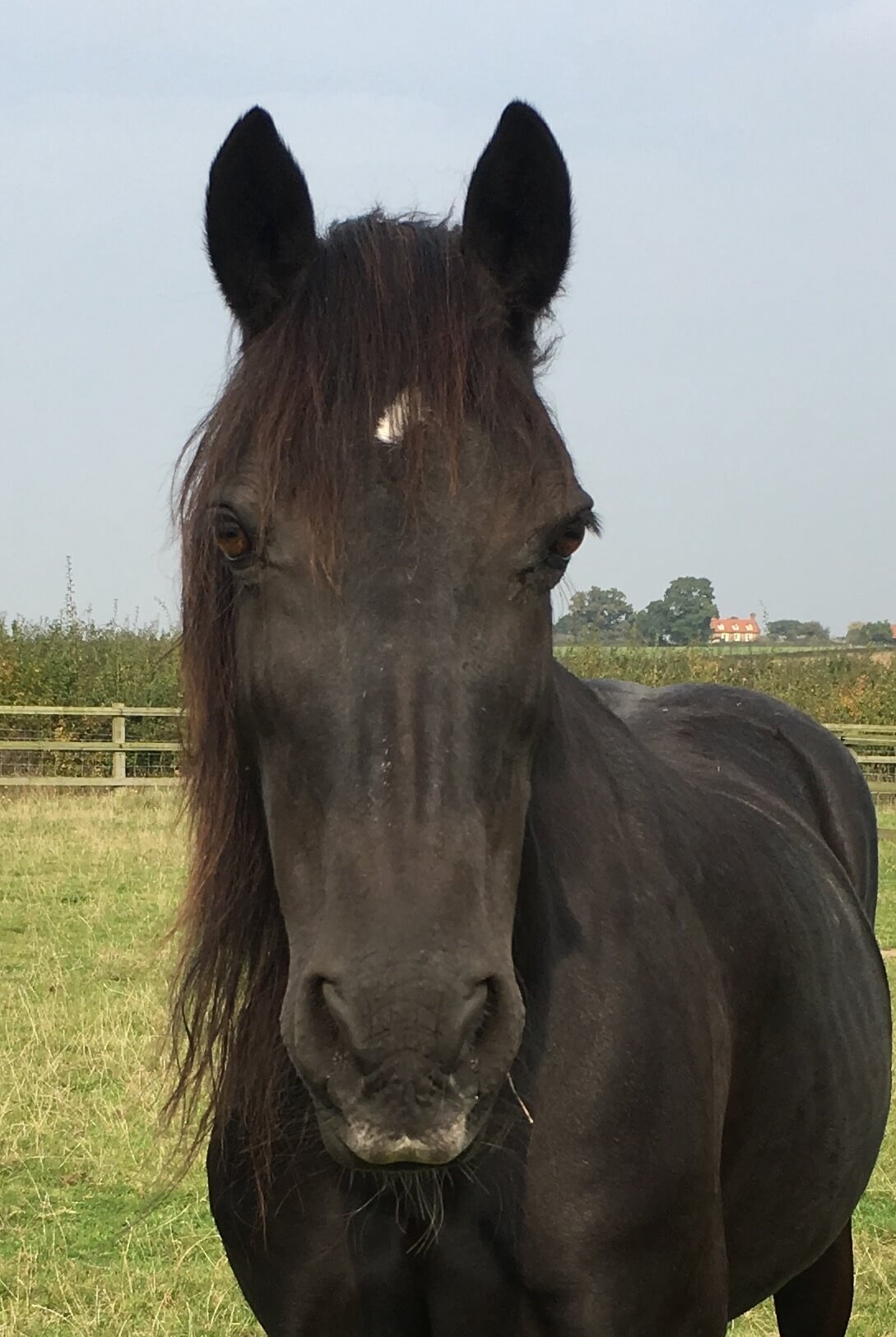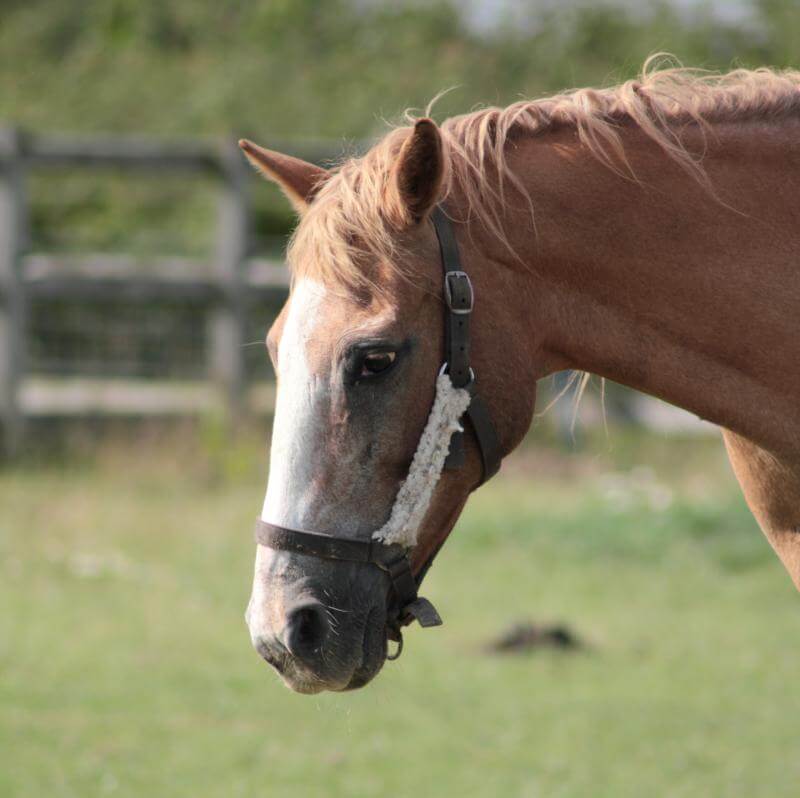


Laminitis: the silent monster in older horses
We’re finally enjoying some much warmer weather but, as usual for horse owners, it comes with additional challenges! Many vets up and down the country have reported rises in cases of Laminitis, with the mixture of the warm and wet weather making the grass grow like crazy.
Many of our residents here at Remus are elderly and Laminitis is just one of the conditions that we are very careful to monitor all year round. While late teens used to be considered old for a horse, many now live and often work well into their twenties and longer.
And now, a new study has found that horses over the age of 25 may be suffering from chronic Laminitis but not showing any of the obvious signs.
The research has come out of the Swiss Institute of Equine Medicine. They looked at 51 clinically sound horses between the ages of 15 and 32, so what we would consider ‘veterans’.
They x-rayed their feet to check for pedal bone rotation and also assessed their body condition scores (BCS), cresty neck scores (CNS) and levels of adrenocorticotropic hormone (ATCH), which can be a sign of Cushing’s, another condition often found in older horses that can lead to Laminitis.
Almost half of the horses’ x-rays showed signs of pedal bone rotation, but none showed signs of acute lameness or Cushing’s, which goes to show that our horses could be suffering in ways we don’t expect so monitoring and awareness are key.
Read more about this in Horse & Hound.
You might also like to take a look at our feature in Horse Magazine on how we eradicated Laminitis from the Sanctuary.
You can also visit our website to learn more about elderly horse care.










